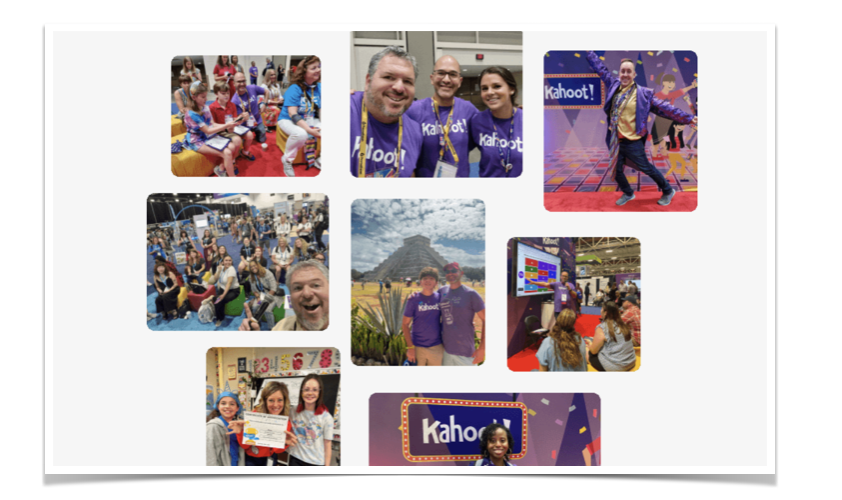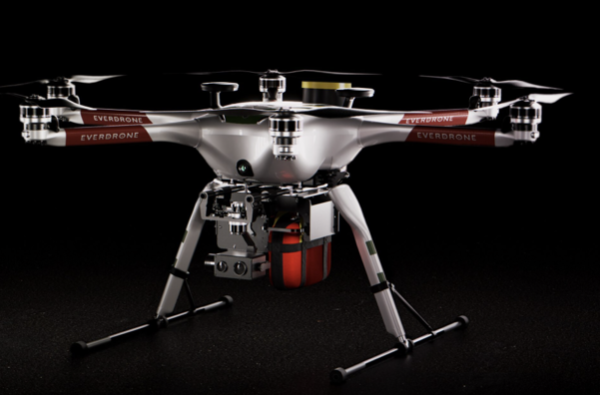Kahoot!, a Norwegian education technology company, uses an innovative approach to learning through interactive, game-based platforms. Founded in 2012, Kahoot! makes learning more engaging, interactive, and fun. The platform’s blend of educational content and gaming has made it a favourite among educators, students, and corporate trainers.
Innovative Features and Benefits
Kahoot!’s innovative features enhance the learning experience:
- Game-Based Learning: traditional quizzes become competitive, real-time games, which increases student engagement and motivation.
- Real-Time Feedback: The platform provides instant feedback to participants, allowing educators to gauge understanding and adjust teaching methods in real-time.
- User-Generated Content: Kahoot! allows users to create their own quizzes, surveys, and discussions. User-generated content enables educators to tailor learning materials to specific topics and student needs.
- Accessibility and Flexibility: Kahoot! is accessible via any device and supports multiple languages and can be used across various subjects and age groups.
- Data Analytics: Kahoot! provides detailed analytics on participant performance, helping educators track progress and identify areas for improvement. This data-driven approach supports more effective teaching strategies and student support.
Kahoot! has raised significant funding through multiple rounds. It secured early investments from Northzone and Creandum, followed by a $215 million investment from SoftBank in 2020. The company later went private in 2023 after a $1.7 billion acquisition led by General Atlantic.
Competitors in the Education Technology Market
Kahoot” appears to do well but it has some formidable big competitors that include the following:
- Quizlet (US): A popular study tool that offers flashcards, learning games, and diagnostic tools. Quizlet is widely used for individual study and classroom activities.
- Socrative (Canada): An interactive classroom app that allows educators to create quizzes, polls, and exit tickets. Socrative provides real-time feedback and analytics to enhance learning.
- Pear Deck (US): A platform that integrates with Google Slides and PowerPoint to create interactive presentations. Pear Deck allows educators to engage students with real-time questions and formative assessments.
- Nearpod (US): An interactive learning platform that combines multimedia presentations with real-time assessment tools. Nearpod supports synchronous and asynchronous learning experiences.
- Mentimeter (Sweden): A tool for creating interactive presentations and surveys. Mentimeter allows participants to vote, ask questions, and provide feedback in real-time, enhancing engagement and interaction.




